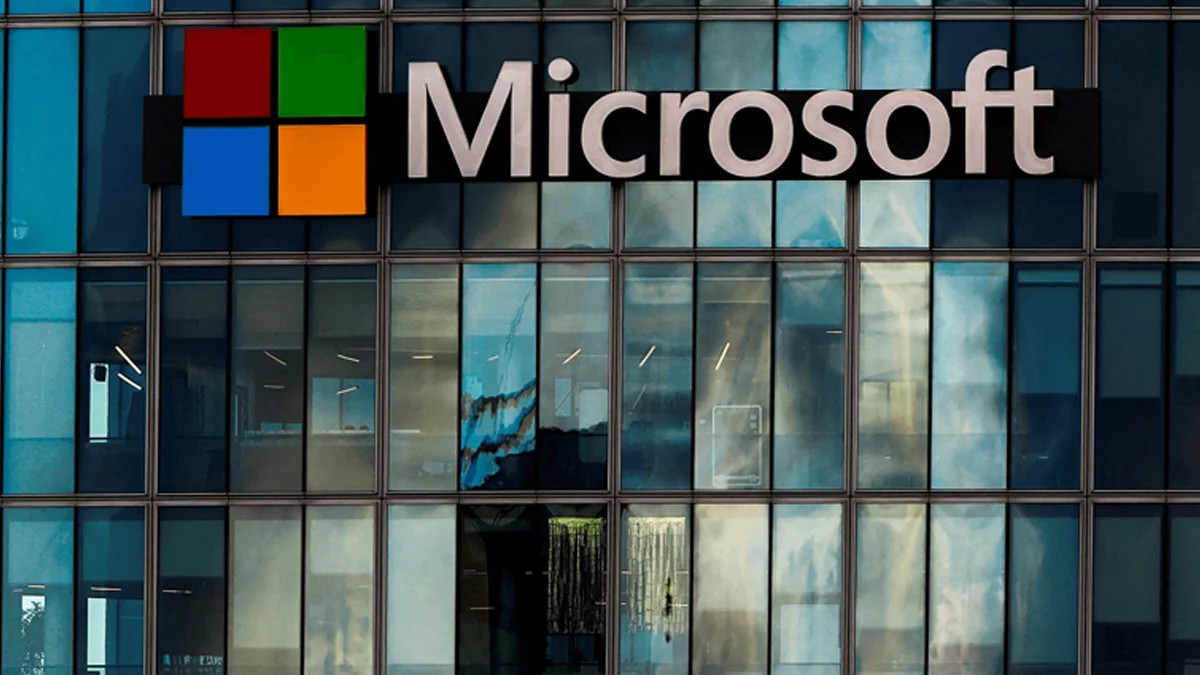Necessary Always Active
Necessary cookies are required to enable the basic features of this site, such as providing secure log-in or adjusting your consent preferences. These cookies do not store any personally identifiable data.
|
||||||
|
||||||
|
||||||
|

Microsoft is set to unveil its quarterly earnings on July 30, 2025. For investors who will be following the earnings report, their main concern will be whether Microsoft’s AI edge is at risk due to the Microsoft-OpenAI partnership shift. According to Reuters, OpenAI has moved to rival cloud providers, including Oracle, CoreWeave, and Google, for cloud services.
Microsoft has been one of the largest beneficiaries of the generative AI boom following its exclusive licensing deals with OpenAI and unfettered access to its AI models. The deals have driven the growth of Azure cloud business, pushing Microsoft’s market valuation towards the $4 trillion mark.
Analysts project that Azure’s revenue will increase by 34.8% in the April-June quarter. The projection aligns perfectly with Microsoft’s forecasted revenue and is slightly higher compared to the 33% growth recorded in quarter 1 of this year.
However, Microsoft’s licensing deals with OpenAI are under negotiation as the ChatGPT maker eyes a public listing. The negotiations have hit a deadlock regarding the level of access that Microsoft will continue to have in OpenAI’s technology.
Additionally, the two tech giants are yet to agree on Microsoft’s stake in OpenAI should the AI startup acquire a public benefit corporation status. OpenAI cannot change its non-profit status unless Microsoft sells its stake in the startup.
For the AI startup, this conversion is critical for its $40 billion funding round that’s led by Japanese conglomerate SoftBank Group. 50% of the funding is pegged on OpenAI completing its restructuring process by the end of 2025.
In May 2025, OpenAI said its restructuring will position it better for a future IPO. The AI startup first announced plans to convert its for-profit entity into a public benefit corporation in December 2024. The new structure is expected to balance shareholder interests with social goals as opposed to the non-profit status that focuses entirely on the public good.
Recently, OpenAI deepened its partnership with Oracle after unveiling plans to set up a 4.5 gigawatt data center. The new partnership builds on the $500 billion Stargate AI data center project, which involves setting up a 10 gigawatt facility in Abilene, Texas. In 2025, OpenAI’s cloud partnerships have expanded to include Google Cloud.
Analysts say that investor perspectives on the partnership between Microsoft and OpenAI vary. However, the Windows maker has an upper hand in the partnership.
“Microsoft’s leadership earned enough credibility such that the company will end up negotiating terms that will be in the interest of its shareholders,” Analysts at UBS said.
Investor confidence in Microsoft is reflected in its stocks, whose price has surged by more than a fifth this year alone. In quarter 4, the tech giant will likely benefit from stronger non-AI Azure, a weaker dollar, and rising demand for its Windows products as companies pull their orders forward ahead of the anticipated US tariffs.
During the July 30 earnings call, Microsoft is expected to report a 14% increase in its total revenue to a high of $73.81. This is the highest revenue growth the company has reported over the last three quarters. Additionally, the tech giant is expected to report a 14.2% rise in profit, which is slightly lower than the previous quarter.
Investor focus will be on capital spending following Alphabet’s move to increase its annual costs by $10 billion last week. The Windows maker has said that its AI capacity remains constrained. In April this year, the tech company announced plans to spend more than $80 billion in the just concluded financial year.
Despite the high spending, Senior portfolio manager at Synovus Trust Dan Morgan says the company has been delivering value to its shareholders.
“Investors may still be underestimating the potential for Microsoft’s AI business to drive durable consumption growth in the agentic AI era,” he said.